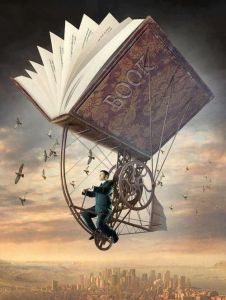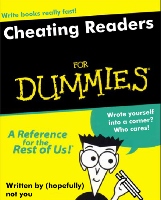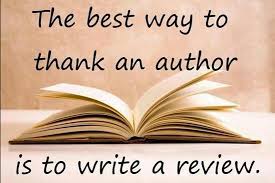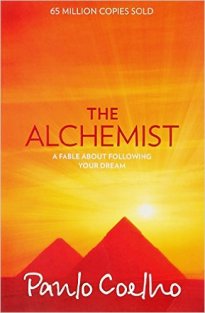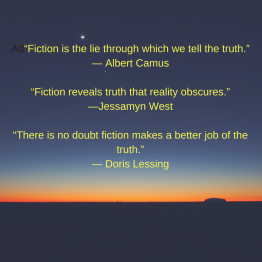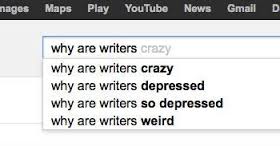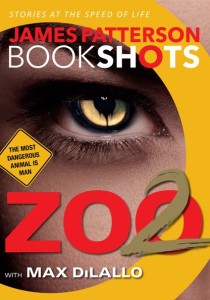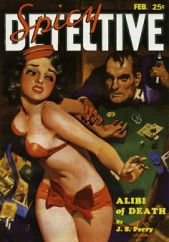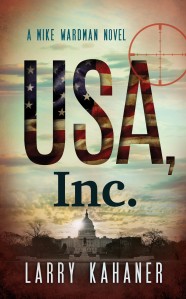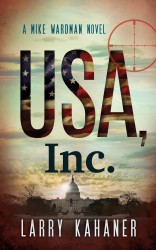Don’t Feel Compelled to Publish an E-Book on Amazon and Other Life Tips
Don’t Feel Compelled to Publish an E-Book on Amazon and Other Life Tips
By Larry Kahaner
- Be kind to unkind people. It’s difficult, so do your best.
- Discover what you love doing – then figure out how to make a living doing it. Too many people do it the other way, end up in a career that makes them miserable and they’ve become trapped by their income. Law students take note.
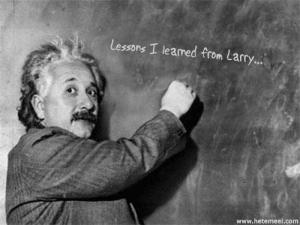
- When you have a decision to make, take fear out of the equation. Also, make scary decisions more quickly; the longer you stand on the diving board, the more frightened you become. And, speaking of fear, know that when you see hatred in a person, it usually has its roots in fear.
- Don’t be overly concerned about taking a short term job that’s not quite to your liking. The benefits of making a living, making your way in the world are immense. Even a lousy job beats sitting around the house in your underwear. See the rule about loving what you’re doing.
- Relationships are difficult. Be wary of couples for whom their joining always appears to be rosy.
- Not everyone has to have kids.
- Growing old can be difficult, but realize it’s a gift that not everyone gets.
- Be grateful.
- When something good comes along, take more if it’s offered except for pie. Too much pie can make you sick.
- Spend money on experiences, not stuff. Never rent a storage unit for more than a few months.
- Hard work can get you far, but never underestimate how much luck plays in life. Can you make your own luck? No; that’s why they call it luck, but you can be open when it comes along. Try not to be angry at people who squander their luck. Bastards.
- Say ‘yes,’ to new experiences as a default. Before you die, you will regret more about the things you didn’t do, than the things you did. This rule often applies to having sex.
- Money can’t buy happiness, but lack of money can make you miserable. Find a happy ratio of work vs. leisure for you.
- Friends will come and go in your life. Enjoy them while they’re around, and resist figuring out why you like being with them.
- Don’t feel compelled to write an e-Book and publish it on Amazon. We have plenty of books. Good ones, too. Not that yours would be bad. But it might. So, think twice, please.
- Everyone is on their own journey. Try not to be judgmental about others unless they’re really doing something dumb, considering an awful tattoo, or are being hurtful to others.
- Learn a few good jokes and hone their telling to precision.
- Get a dog, and always be the person they think you are.
- Don’t think zoos are cool. The animals would much rather be back where they came from.
- Social media is a time-suck. Read a friggin’ book once in a while.
- You don’t have to respond to everything said to you. Sometimes you can just smile.
—
What if the US were run like a corporation and a madman was in charge? Check out my latest thriller “USA, Inc.” now available in eBook and paperback. All my books have a money-back guarantee.

